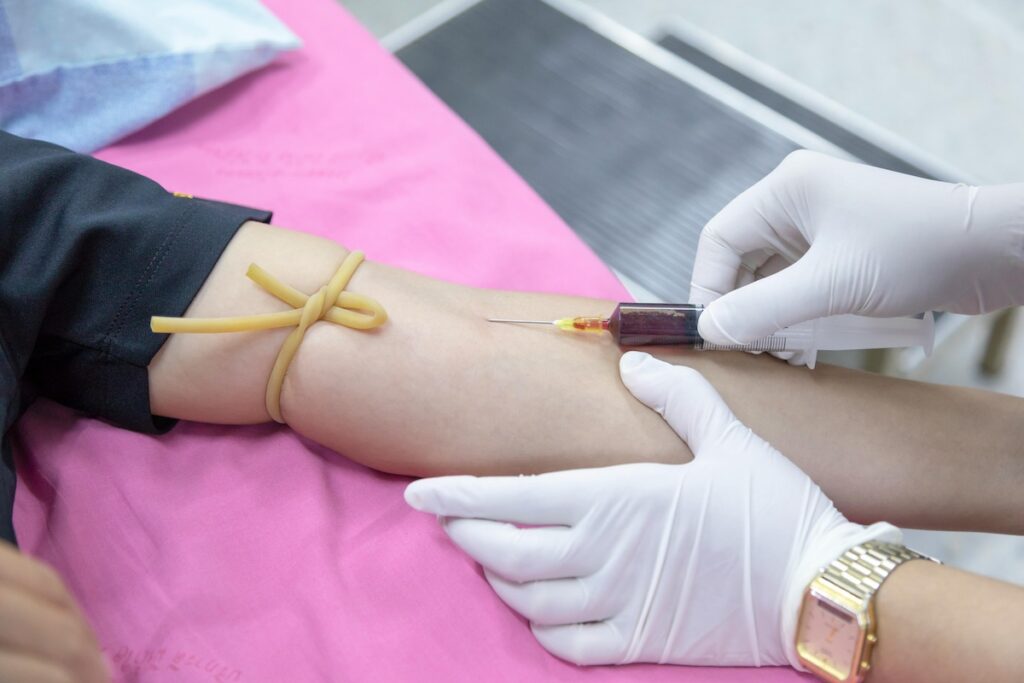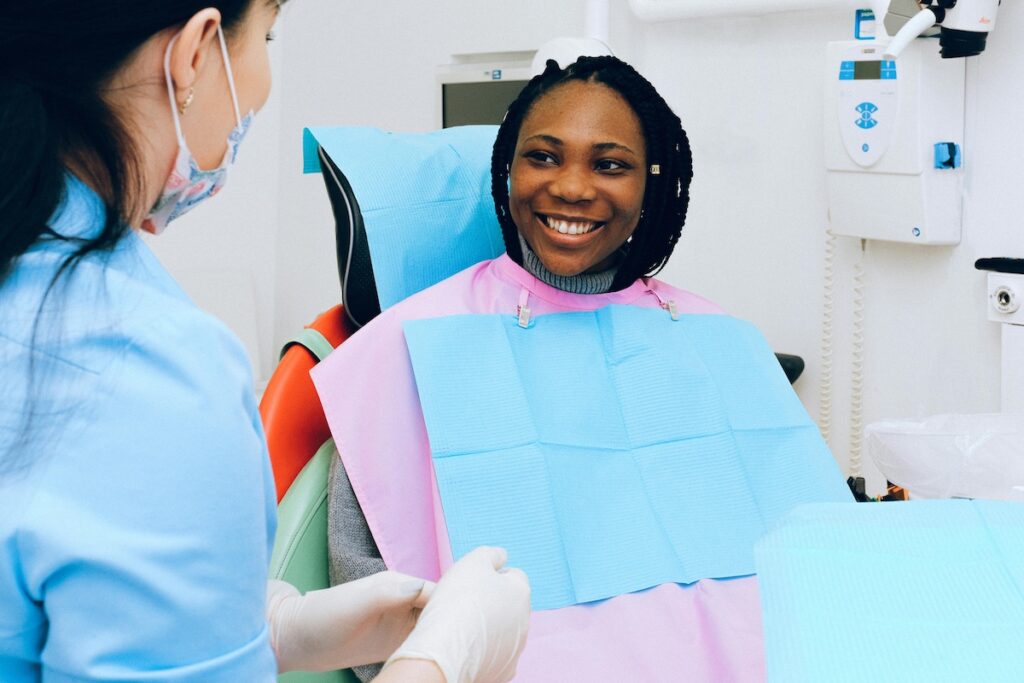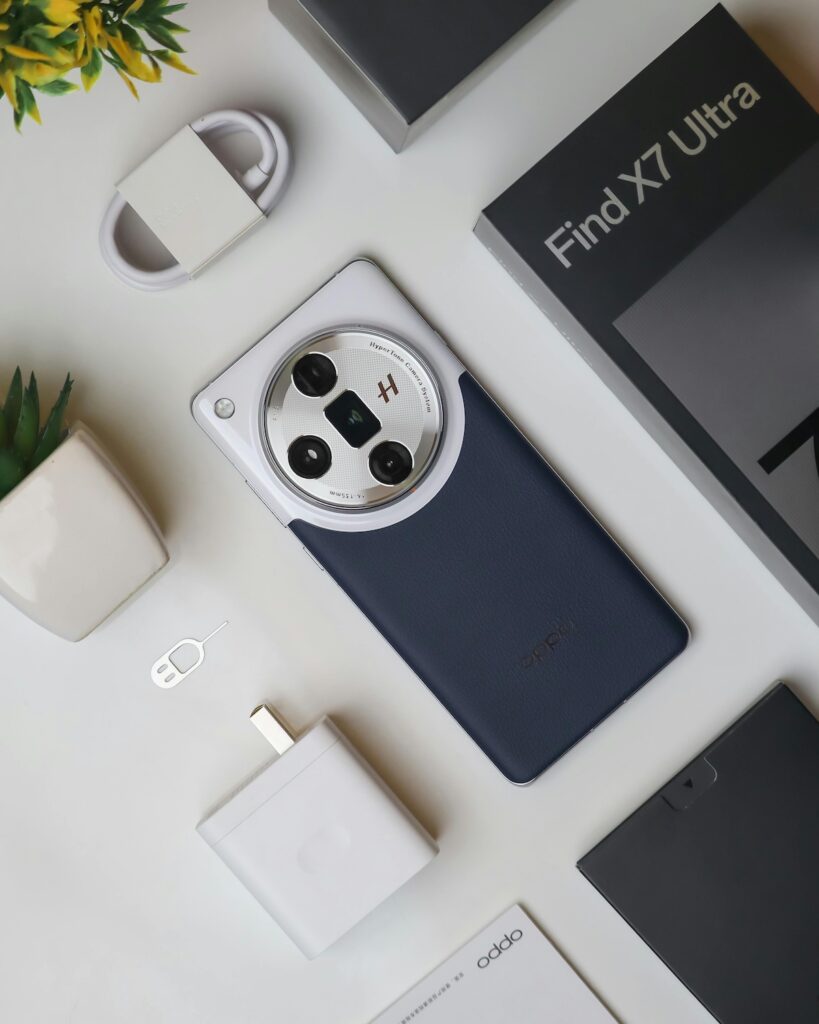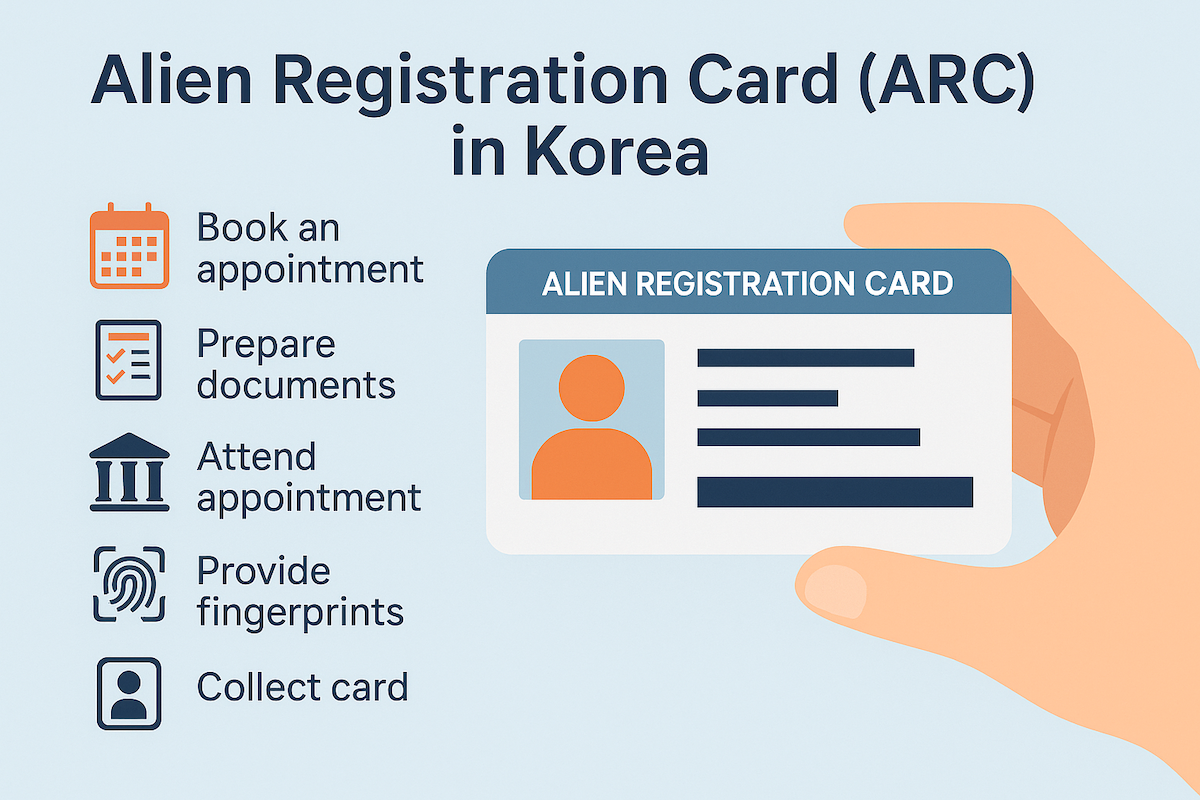Studying in Korea is an exciting experience, but one of the first challenges international students face is setting up a local bank account. A Korean bank account is essential for tuition payments, part-time job wages, mobile phone plans, and even online shopping.
This comprehensive 2025 guide covers how international students can open a bank account in Korea, what documents are required, how to get a debit card, and tips for managing your monthly budget.
🏦 1. Why International Students Need a Korean Bank Account
If you’re staying in Korea for more than a few months, having a local account is almost a necessity:
- Pay tuition fees in KRW without paying extra international transaction fees
- Receive scholarships, stipends, or part-time job wages directly
- Avoid ATM fees for withdrawals and transfers
- Easily pay rent, utility bills, and mobile phone plans through automatic transfer
- Make online purchases on Korean e-commerce sites (Coupang, Gmarket)
💡 Tip: Even if you keep your home-country bank account, you’ll save a lot by using a local account for everyday spending.
📑 2. Documents Required to Open a Bank Account
Each bank has slightly different requirements, but as of 2025, most major Korean banks (KB, Woori, Hana, Shinhan, Nonghyup) ask for:
- Passport
- Alien Registration Card (ARC) or Certificate of Alien Registration Application
- Proof of School Enrollment (student ID or certificate of enrollment)
- Korean phone number (for SMS authentication)
- Local address (dorm, officetel, or homestay)
If you haven’t received your ARC yet (typical in the first 30 days after arrival), some banks offer “non-resident accounts” but with limited functionality (no online banking until ARC is issued).
💳 3. Choosing the Right Bank & Account Type
Major Banks for International Students
- KB Kookmin Bank (KB) – Popular near universities, English-friendly app
- Woori Bank – Good customer service, many branches
- Hana Bank – Strong for overseas remittances (parents sending money)
- Shinhan Bank – Offers student-friendly accounts and English online banking
- NH Nonghyup – Often located on or near campus, easy to open
Account Types
- General Demand Deposit Account (보통예금) – Good for everyday spending
- Savings Account (적금) – Helps you save monthly allowance
- Foreign Currency Account (외화예금) – Useful if your parents send money in USD, EUR, etc.
🏧 4. Getting a Debit Card (Check Card)
Once your account is open, you can request a check card (debit card) linked to your account.
- Works like a debit card — funds are deducted instantly
- Can be used at all stores, ATMs, and online shops
- Some banks offer cards with transit card (T-money) function built-in
💡 Pro Tip: Choose a card with cashback or point rewards on coffee shops, convenience stores, or transportation — it can save you money every month.
💸 5. Managing Monthly Living Expenses
Budgeting
Average monthly living cost for students (Seoul):
- Rent (off-campus): ₩400,000–₩600,000
- Food: ₩300,000
- Transportation: ₩60,000
- Mobile Phone: ₩30,000
- Miscellaneous: ₩100,000
💡 Set up automatic transfers for rent and utility bills — it avoids late fees and is considered polite in Korean culture.
🌍 6. Receiving Money from Abroad
Parents or sponsors can send money using:
- Bank Wire Transfer (SWIFT) – Safe, but higher fees (₩10,000–₩30,000)
- Wise, Revolut, Remitly – Cheaper, faster international remittance
- Western Union – Cash pickup option available at some banks
💡 Tip: If your parents send money regularly, ask your bank for a preferred remittance plan — some banks give fee discounts for students.
📱 7. Setting Up Internet & Mobile Banking
Most banks now offer English-language apps where you can:
- Check balances & transactions
- Transfer money instantly
- Pay bills with QR codes
- Set up push notifications
You’ll need your ARC, account number, and sometimes in-person verification to activate full mobile banking.
💡 8. Common Problems & Solutions
- ARC Not Ready Yet: Open a temporary account with limited function, upgrade later
- No Korean Phone Number: Some banks allow opening an account with just email, but you’ll need a phone number later to activate online banking
- ATM Fees: Use your bank’s own ATM to avoid fees (usually ₩0 during daytime)
🛡 9. Security & Legal Notes
- Always register your real address with the bank — required by Korean law
- Don’t share your online banking password or OTP with anyone
- Lost card? Call your bank immediately (most have 24-hour English hotlines)
🧭 10. Quick Checklist for New Students
✅ Prepare passport, ARC (or application), school certificate
✅ Get a Korean phone number
✅ Choose a bank near your campus
✅ Open account + request debit card
✅ Activate mobile banking
✅ Set monthly budget & auto transfers
✨ Final Thoughts
Opening a bank account in Korea as an international student might feel intimidating at first, but once you have the right documents, the process is straightforward.
With the right account and debit card, you can save on fees, manage your allowance, and focus on what really matters — studying and enjoying life in Korea.





